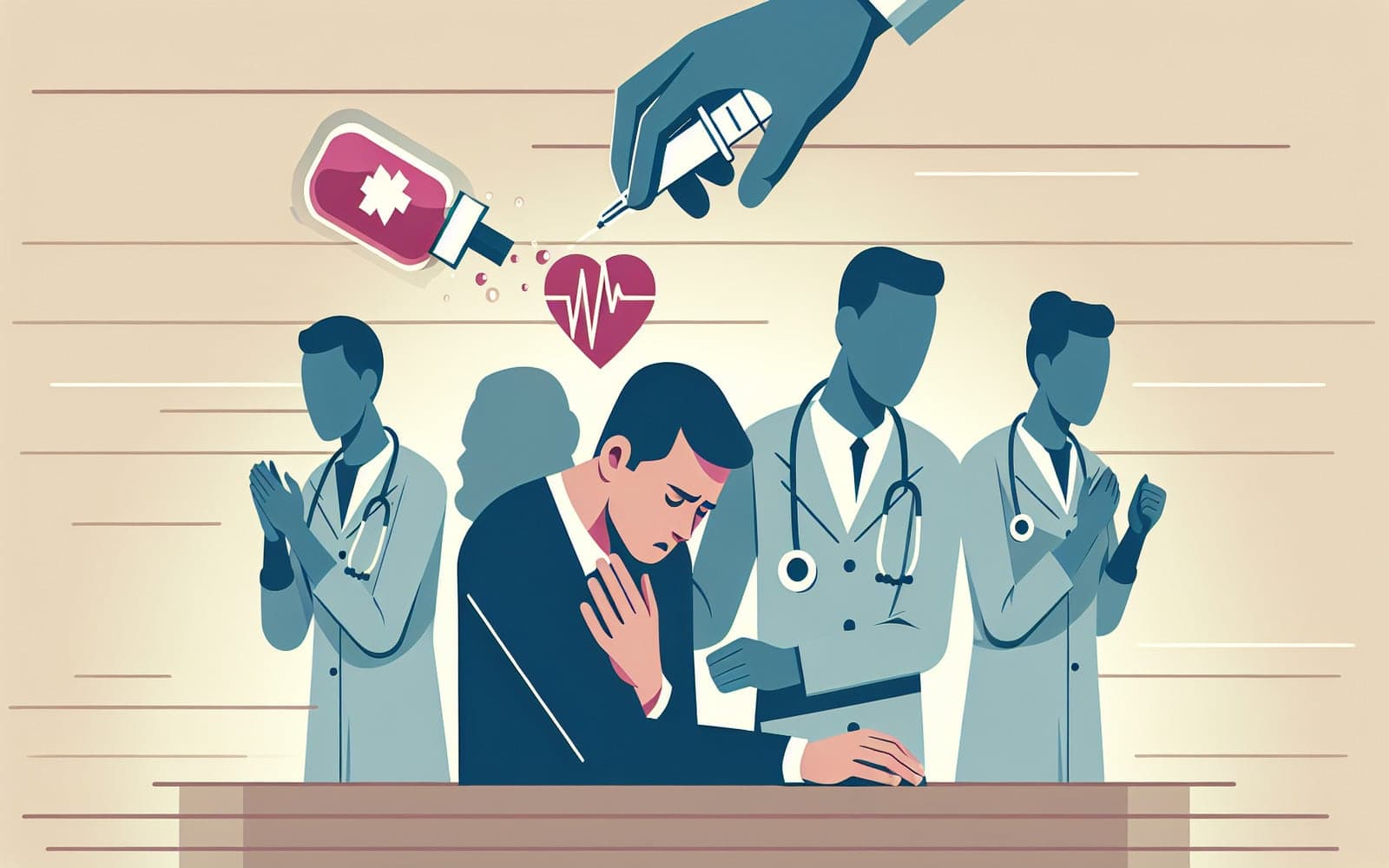Syncope: What You Need to Know About Fainting
Published: Sep 20, 2023
Syncope, commonly known as fainting, is a temporary loss of consciousness due to reduced blood flow to the brain. Understanding its causes and risks is crucial for proper diagnosis and treatment.
Contents
What Causes Syncope?
Syncope occurs when there's a sudden drop in blood pressure, reducing blood flow to the brain. Common triggers include standing up too quickly, dehydration, or emotional stress. In some cases, heart problems or neurological issues may be the underlying cause. Identifying the specific trigger is key to preventing future episodes.
Recognizing Syncope Symptoms
Before fainting, you might experience lightheadedness, dizziness, or nausea. Your vision may blur, and you might feel warm or break out in a cold sweat. Some people report ringing in their ears or tunnel vision. Recognizing these warning signs can help you take action to prevent a fall and potential injury.

When to Seek Medical Help
While most cases of syncope are harmless, some can indicate serious underlying conditions. Seek immediate medical attention if fainting occurs during exercise, while lying down, or without warning. Repeated episodes, chest pain, or a family history of sudden death are also red flags. Don't ignore these symptoms – prompt evaluation can be lifesaving.
Frequently Asked Questions
No, syncope and seizures have different causes and symptoms.
Often, yes, by identifying and avoiding triggers.
Usually less than a minute or two.
Yes, but it's often due to different causes than in adults.
Key Takeaways
Understanding syncope empowers you to recognize symptoms, seek appropriate care, and potentially prevent future episodes.
Concerned about syncope? Discuss your symptoms and risk factors with Doctronic for personalized guidance.Related Articles
References
Brignole M, et al. 2018 ESC Guidelines for the diagnosis and management of syncope. Eur Heart J 2018; 39:1883.
Shen WK, et al. 2017 ACC/AHA/HRS Guideline for the Evaluation and Management of Patients With Syncope. J Am Coll Cardiol 2017.
Always discuss health information with your healthcare provider.

